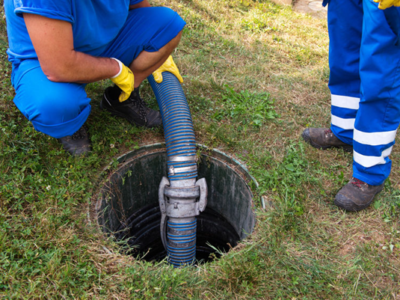Before diving into the inspection process, it’s crucial to grasp the fundamental purpose of building inspections. These evaluations are designed to provide an in-depth assessment of a property’s condition, identifying potential issues or defects that could impact its safety, functionality, and value. By gaining this understanding, you’ll be better equipped to navigate the inspection journey and make informed decisions confidently. The success of your building inspection largely hinges on the expertise and professionalism of the inspector you hire.
Take the time to research and compare different inspectors in your area, considering their qualifications, experience, and reputation. Look for licensed and insured professionals who belong to reputable organizations and have a proven track record of conducting thorough and impartial inspections. Proper preparation is critical to ensuring a smooth and efficient inspection process. Start by decluttering the property and removing obstacles that may hinder the inspector’s access to essential areas such as attics, crawl spaces, and basements. Additionally, gather any relevant documentation, such as building plans, permits, or previous inspection reports, as these are valuable context for the inspector.
Create a checklist
To ensure every stone is turned on during the inspection, create a comprehensive checklist of areas and components you want the inspector to focus on. This could include specific concerns you have, such as a leaky roof or a cracked foundation, as well as general areas like plumbing, electrical systems, and structural integrity. Sharing this checklist with the inspector will help them tailor their evaluation to your needs check out the post right here about the building inspections Sydney.
While not mandatory, attending the inspection in person can be highly beneficial. By being present, you’ll have the opportunity to ask questions, gain first-hand insights, and better understand the inspector’s findings. Additionally, you’ll be able to point out any specific areas of concern and provide valuable context about the property’s history and any known issues.
Ask for clarification
If you find aspects of the inspection report that are sung or unclear, please contact the inspector for clarification. A good inspector should be willing to explain their findings in detail and address any questions or concerns you may have. This open communication will ensure you comprehensively understand the property’s condition before making any decisions.
Negotiate and make an informed decision
Armed with the knowledge from the inspection report, you’ll be in a stronger position to negotiate with the seller or make an informed decision about the property. If significant issues were identified, you may request that necessary repairs be completed before closing or negotiate a price adjustment to cover the costs. Alternatively, if the report reveals no significant concerns, you can proceed confidently, knowing you’re making a well-informed investment.
The inspector may recommend further evaluation or specialized inspections for specific areas of concern. For example, if structural issues were identified, you may need to hire a structural engineer to conduct a more in-depth assessment. By following these recommendations, you’ll understand the property’s condition comprehensively and ensure that any potential issues are thoroughly addressed.
Inspection process: maintain open communication with all parties involved, including the inspector, real estate agents, and the seller or buyer (depending on your role). This transparent dialogue will help ensure everyone is on the same page, potential issues are addressed promptly, and the transaction progresses smoothly.













Comments